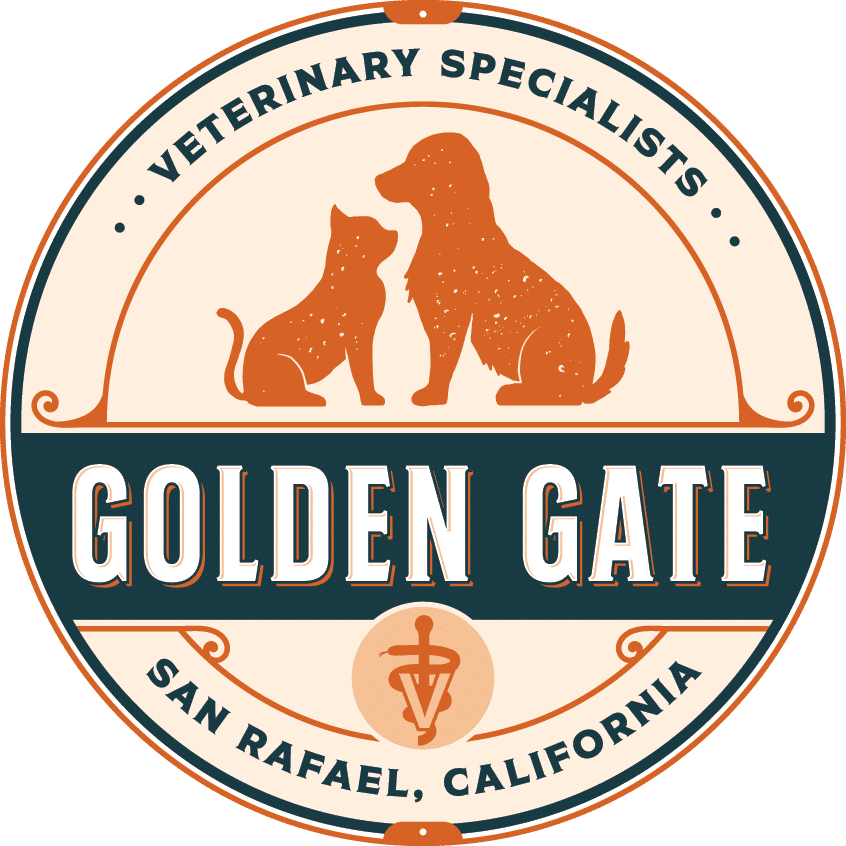Becoming a veterinary internist specialist is no easy task. It requires a great deal of hard work, dedication, and commitment to obtaining the necessary qualifications. It is important to understand the residency requirements in order to become a veterinary internist specialist if you are considering this career path.
In order to become an internist specialist, you must first obtain a Doctor of Veterinary Medicine (DVM) degree from an accredited college or university. This degree typically takes four years to complete, including clinical rotations with different species and conditions encountered in veterinary medicine. Once you have your DVM degree, you must complete a three-year residency program that is accredited by the American Veterinary Medical Association (AVMA). The residency program requires extensive coursework, clinical rotations, case reports, and research projects that will prepare you for board certification by the American College of Veterinary Internal Medicine (ACVIM).
During your three-year residency program there are several core courses that must be taken including advanced diagnostics; small animal surgery; small animal nutrition; anesthesia; parasitology; infectious diseases; oncology; soft tissue surgery; neurology and ophthalmology. You will also need to continue to participate in clinical rotations with other specialists such as dermatology, cardiology and radiology throughout your residency period. After completing all required courses and clinical rotations you must pass a comprehensive written qualifying exam in order to receive board certification from ACVIM.
The American College of Veterinary Internal Medicine also provides several opportunities for continuing education through various conferences and seminars each year across North America. You may also choose to participate in additional post-doctoral studies or research projects during this time as well as pursue specialty fellowships or other advanced training programs offered by ACVIM in various disciplines within internal medicine such as critical care or nephrology/urology/endocrinology/metabolism etc.
Becoming an internist specialist is not easy but it can be extremely rewarding both professionally and personally. It can open many doors for career advancement opportunities within the field of veterinary medicine no matter where your passion lies whether it be research related projects or providing exceptional medical care for pets across Northern California’s Bay Area communities like Lagunitas who may require specialized care that only an experienced internist specialist can provide at Golden Gate Veterinary Specialists . If you are considering becoming an internist specialist it is important that you understand all of the requirements associated with achieving board certification from ACVIM so that you can make sure your goals align accordingly before starting down this path towards success!
